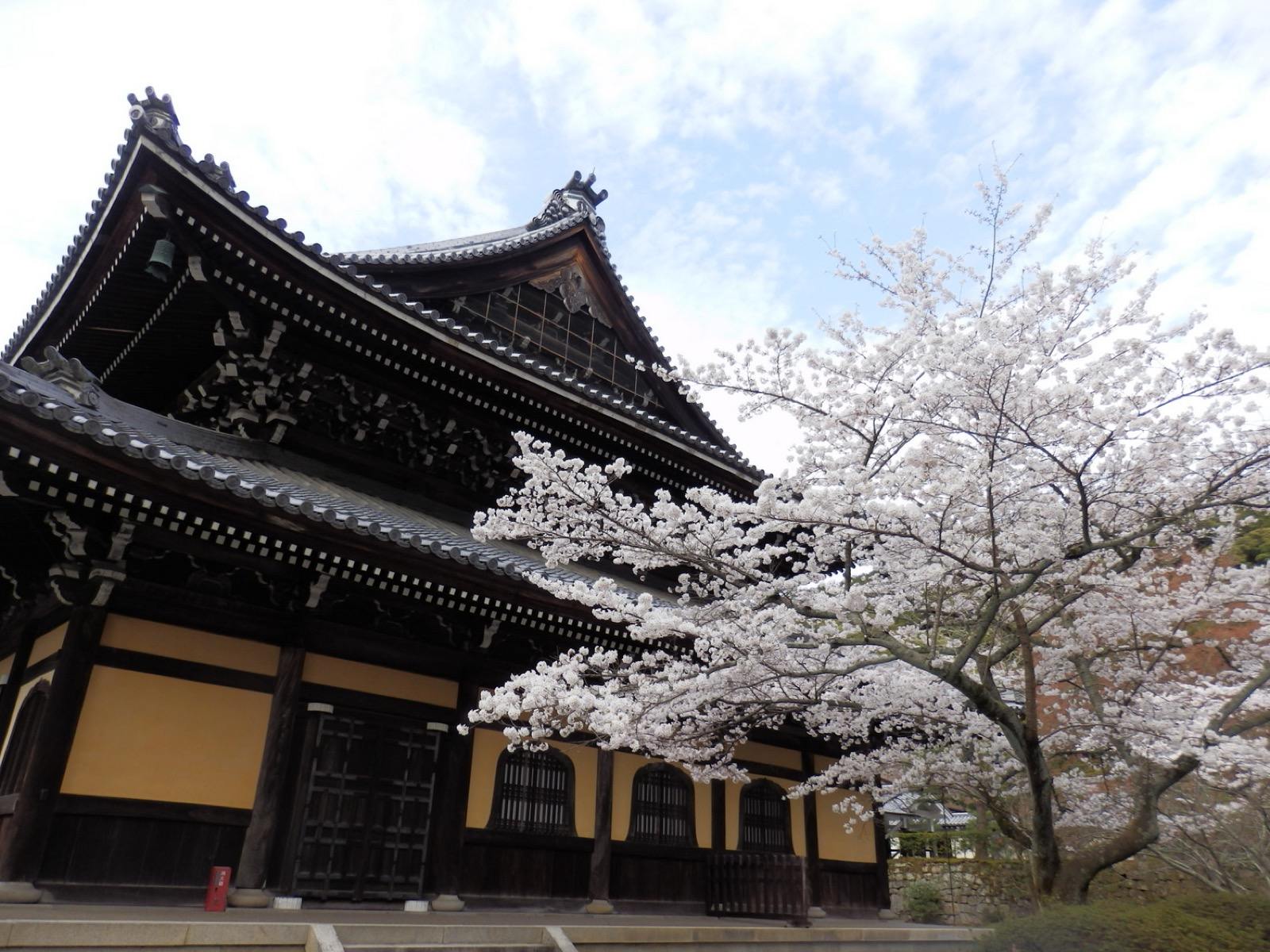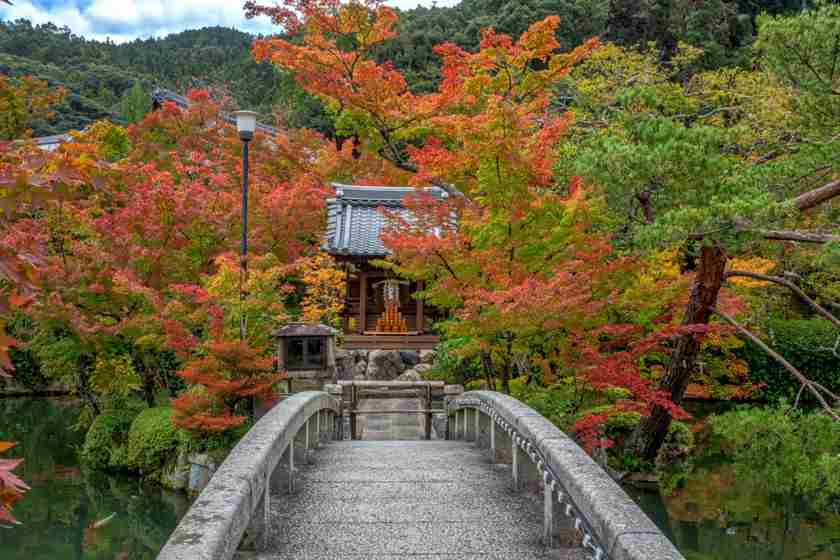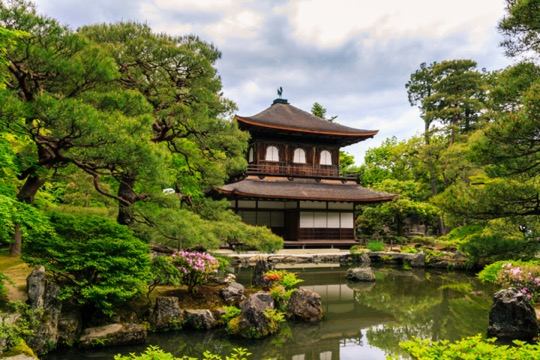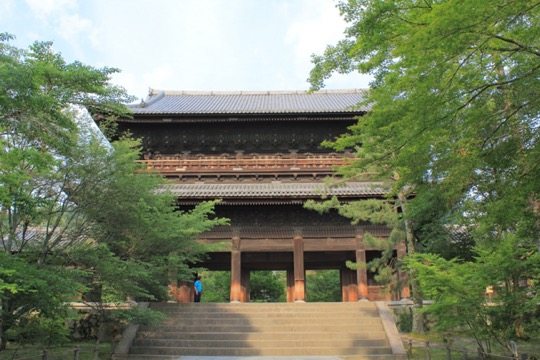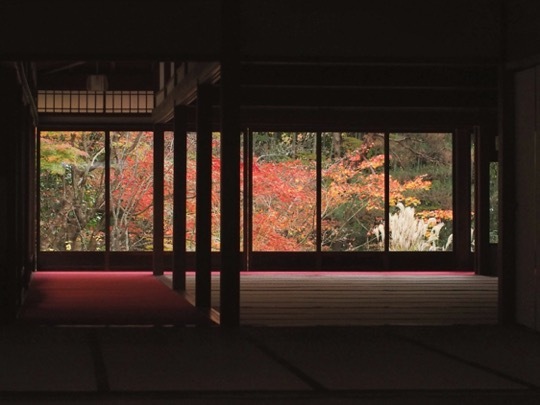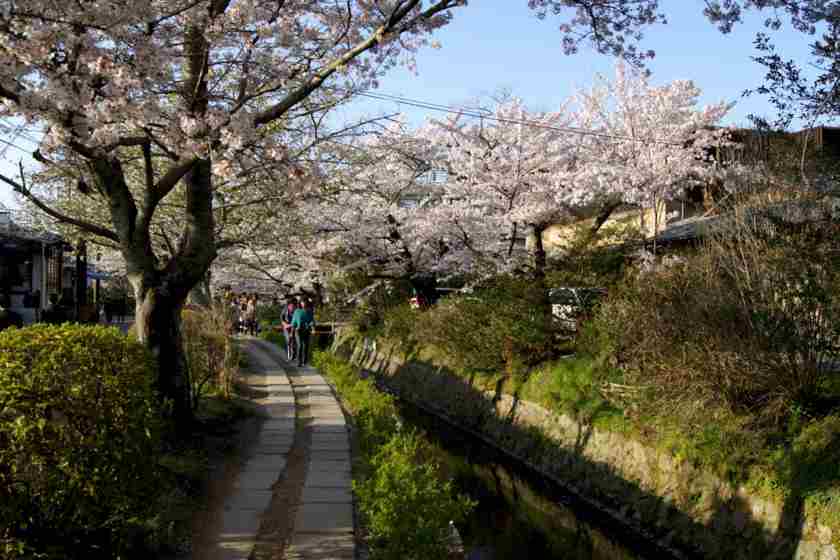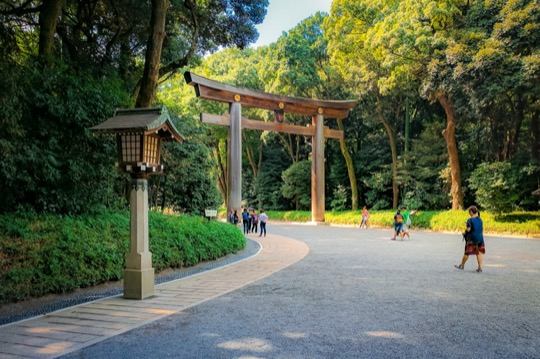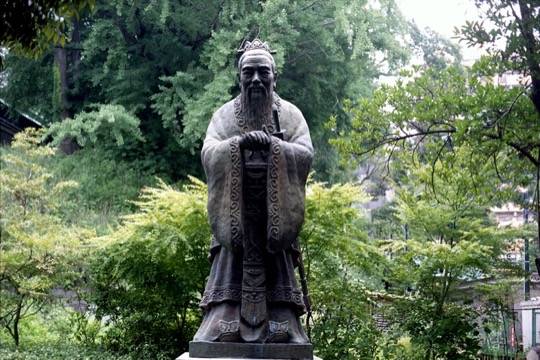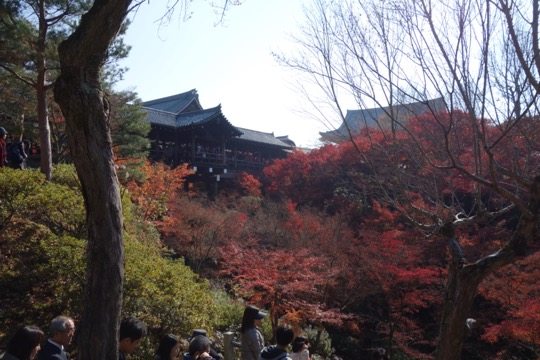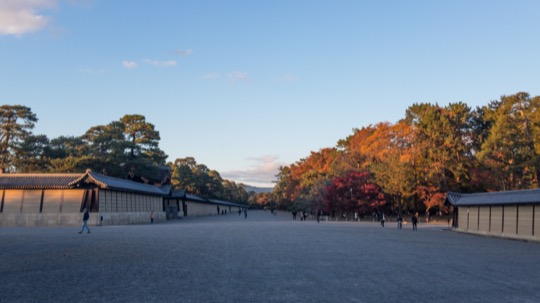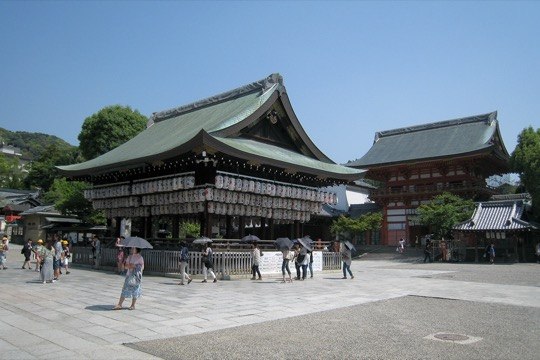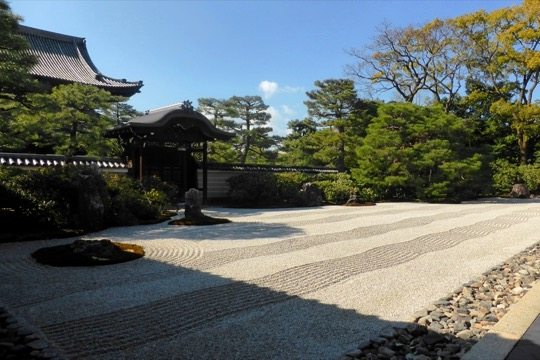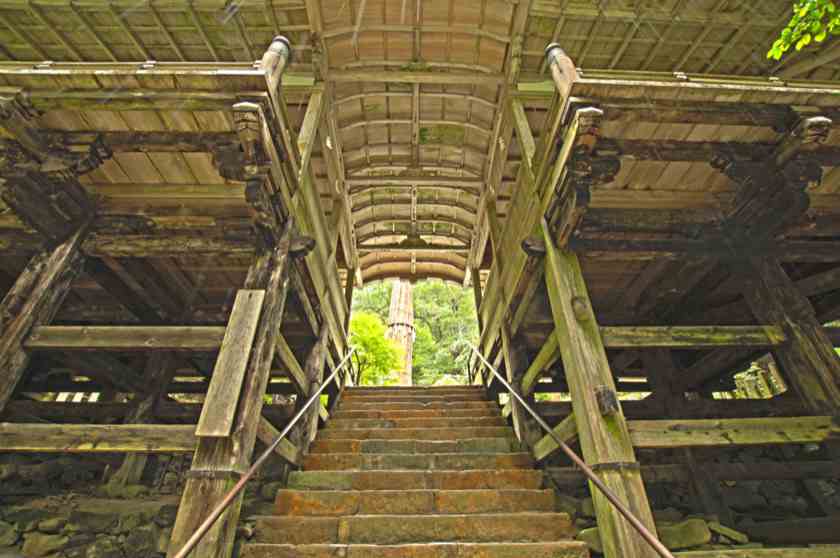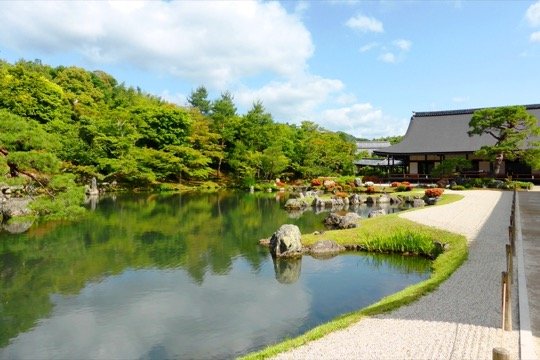Nanzenji Temple
Historic Zen Buddhist Sanctuary in Kyoto’s Higashiyama Mountains
On This Page
Nanzen-ji Temple is a significant Zen Buddhist temple in Kyoto, Japan. Founded in the 13th century, it boasts beautiful gardens and historic buildings. The temple complex is a notable destination for those interested in Japanese spiritual and aesthetic traditions.
Established by Emperor Kameyama in 1291, Nanzen-ji, or Zuiryusan Nanzen-ji, was first the site of his retirement villa, later transformed into a Zen temple. As the headquarters of the Nanzen-ji branch of Rinzai Zen, it is influential in the history of Zen Buddhism in Kyoto. The temple was destroyed by fire in 1895 but was rebuilt, reopening in 1909.
The temple’s architectural highlights include its Nanzenji Sanmon Gate, reconstructed in 1628, which offers a panoramic view of the city. The hōjō, the former head priest’s residence, is noted for its artistry, with screen paintings and a karesansui garden, both recognized as cultural treasures.
Nanzen-ji is an essential part of Kyoto’s “Five Mountain System”, overseeing the city’s other four great Zen temples. Its grounds and buildings, including the hōjō gardens, have been designated as Historic Sites and Places of Scenic Beauty. The temple’s grounds include several subtemples, such as Nanzen-in, Konchi-in, and Tenjuan, each with distinctive features like rock gardens and seasonal illuminations.
The autumn season is particularly recommended for a visit, as the foliage creates a vibrant display. The temple’s significant artworks and the hōjō gardens are key attractions that reflect Zen Buddhist aesthetics.
Nanzen-ji Temple, with its historical and cultural significance, continues to serve as a center for Zen practice and stands as a testimony to Kyoto’s spiritual heritage.
Planning Your Japan Trip?
Is a JR Pass Worth It For Your Route?
Honest Answer in 60 Seconds
A JR Pass doesn't always save you money (and for many routes, it's just extra hassle). Our free calculator works out the real numbers for your planned route, so you can decide for yourself.
Official Links
Getting There the easiest way to reach Nanzenji Temple
Planning a visit to Kyoto?
The Trundle Planner finds the best route to Nanzenji Temple for your itinerary. No searching required.
Try nowAround Nanzenji Temple
Nearby in Kyoto the best attractions close to Nanzenji Temple
Eikando Temple
Experience the Zen spirit amidst autumn leaves at Kyoto’s Eikan-do
Ginkakuji
The Silver Pavilion: Reflecting the Artistic Splendor of the Ashikaga Shogunate
Nanzenji Temple Sanmon Gate
Nanzenji Temple’s Sanmon Gate, an Icon of Japanese Zen Buddhism
The Philosopher's Path
A walk through Kyoto’s history and cherry blossoms along Tetsugaku-no-michi.
